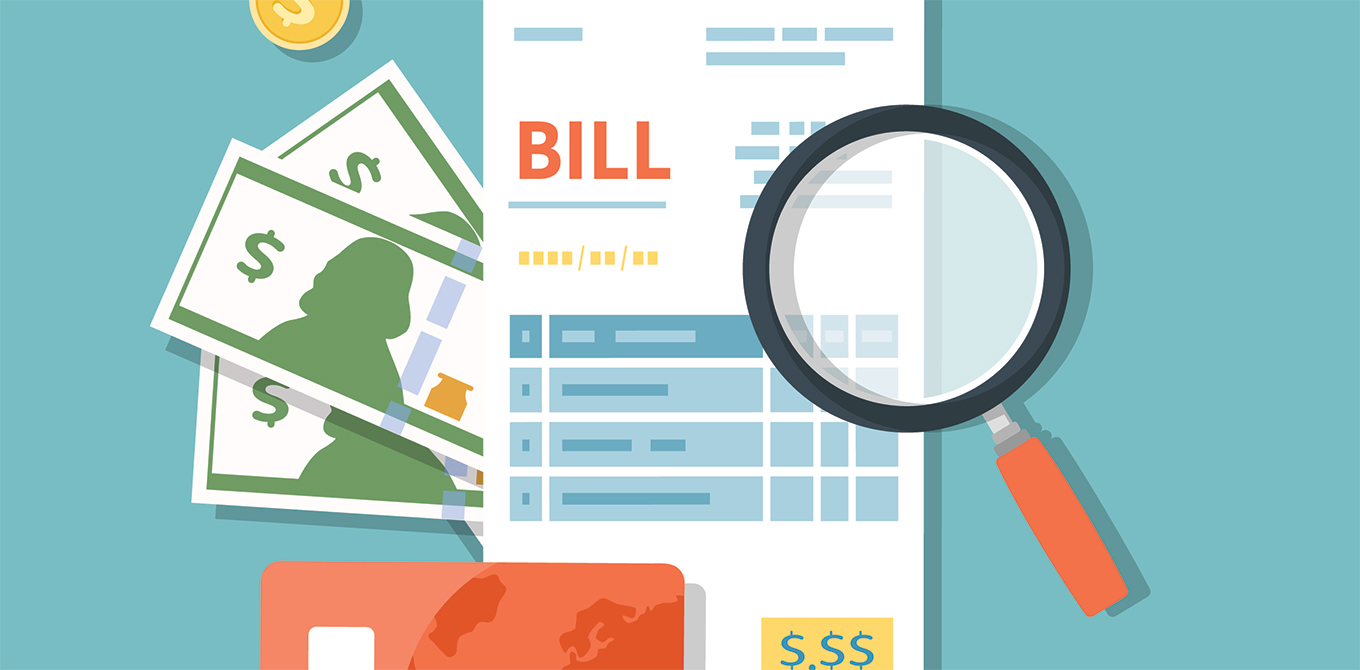9 questions to ask before opening a bank account
A bank is a bank is a bank, right? Not exactly. Although every bank allows you to save or borrow money, the difference is in the details with financial institutions. To choose the option that best fits your situation, you need to do a bit of research.
Ask these 9 questions before opening a bank account. To get the answers, meet with bank representatives, check in with family, friends, and read online reviews and the bank's website.
1. What are the bank's fees?
Banks charge a variety of fees. The most common are:
- Account maintenance
- Minimum balance
- ATM use
- Overdrafts
- Return deposits
- Foreign transactions
- Transferring money between accounts
- Personal checks
It's easy to glaze over when reading a fee schedule. However, when you take the time to work out which fees might apply to you and then choose a low-fee bank, you could save hundreds of dollars a year.
Banks might waive certain fees in particular circumstances, such as maintenance fees that are eliminated if you have an automatic deposit or meet a minimum balance.
2. Where are the bank's ATMs?
If you're the type to use an ATM to withdraw cash and deposit checks, you'll likely save time by choosing a bank with an ATM near your home, work, or kids' school. You won't be charged to use your own bank's ATM or, sometimes, ATMs in your bank's network. But you might be charged, by both your bank and the other bank, for using a non-network ATM.
If you're interested in an online bank that has no physical locations, see if it has a policy that lets you use certain ATMs for free.
3. Is there a minimum balance required?
Some banks require you to keep a certain amount of money in your checking or savings account, recorded either daily or monthly. If you fall below that amount, you could be charged a fee or denied interest payments, or your bank might even close your account. Often, there are ways to waive that requirement, such as using direct deposit for your paychecks.
4. What's the accounts' interest rate?
Bank accounts generally earn interest, particularly savings and money market accounts. You can often find the highest rates at an online bank, but brick-and-mortar banks might do well here, too.
5. Does the bank have good customer service?
When something goes wrong, you want your bank to be responsive and helpful. Ask a trusted friend or neighbor, and check online reviews, to see what others think about the bank. This will give you a sense of how well the bank treats and responds to customers.
6. Does the bank have online banking and a mobile app?
These days, you can accomplish a lot through mobile and computer apps: you can check your balance, pay bills, transfer money between accounts, and even deposit funds using mobile deposit. If this is important to you, make sure your potential new bank has these features.
7. How easy is it to transfer money out of your account?
A lot of banks will let you transfer money from one checking account to another, from savings to a checking or vice versa, or to someone else who uses the same bank. You might even be able to wire money to a person or company that doesn't have an account with that bank.
One note: regardless of what bank you use, you can't transfer or withdraw money from your savings account more than six times per month, per federal regulations.
8. Can you access your money when traveling?
If traveling internationally is in your future, you'll want to make sure you can access your money while abroad. There are a couple ways to do this, from using your debit card as usual to getting cash at ATMs (many European countries still rely on cash), which will issue money in that country's currency. Understand what you need to do to make sure your cards and accounts work while abroad and check what types of fees there are for using your debit card for purchases or cash withdraws.
9. Will your money be insured?
At most banks, $250,000 of your money is insured by the Federal Deposit Insurance Corporation (FDIC). That means if the bank fails, the first $250,000 will be returned to you. If the bank you're looking at is not insured, you should probably move on.
A little research goes a long way
It might sound like a lot of work, but you should be able to answer these questions with just a couple of hours of research. Considering the money, time, and hassle you could save by picking the best bank for you, these are hours well spent.




